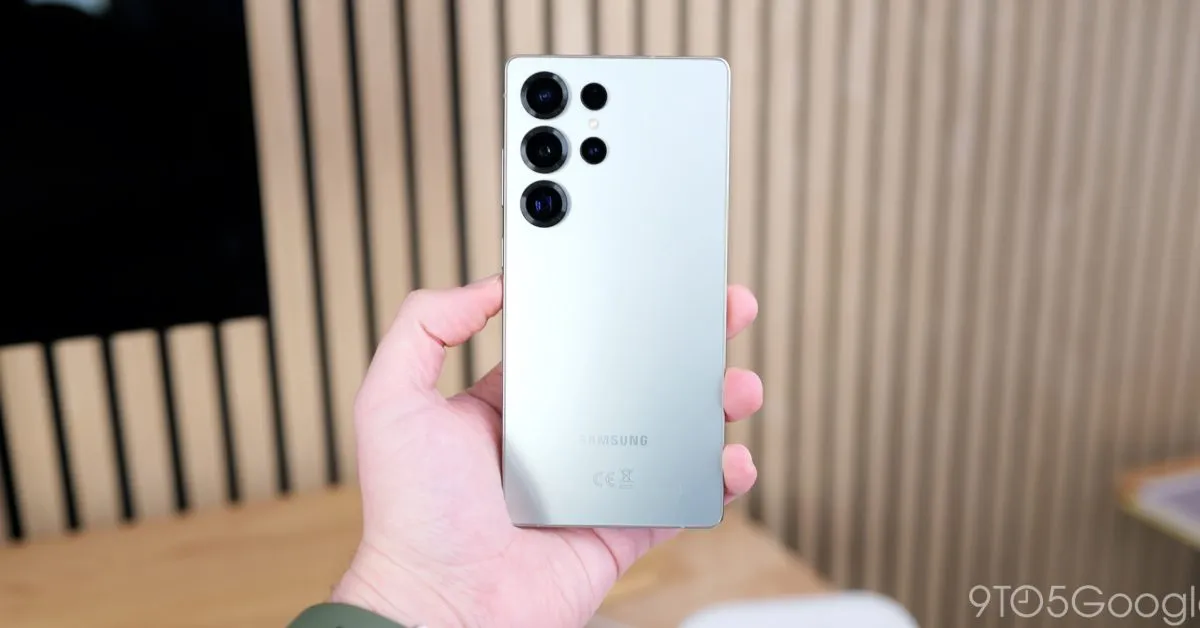
Samsung has a history of creating alternatives to Google services, and their latest venture involves the development of an independent version of Android’s earthquake alerts system. As highlighted by tech enthusiast @GalaxyTechie, this innovation is part of the One UI 8 update, although it is not yet active in the currently available beta versions.
Similar to the existing earthquake alert system offered by Google for Android devices, Samsung’s new system is designed to detect seismic activity and issue warnings just before the tremors are felt in your area. When an earthquake is detected, users will receive a full-screen alert accompanied by an audible warning, enhancing the chances of being prepared for the impending seismic effects.
While it remains uncertain how Samsung's system will perform in comparison to Google's, it's important to note that Google's alerts function across a diverse array of Android smartphones from various manufacturers. However, given the extensive global reach of Galaxy phones, it's reasonable to expect that Samsung's system could achieve similar effectiveness in alerting users about earthquakes.
What sets Samsung's earthquake alert system apart from Google’s offering are its additional functionalities. Users can preview what the earthquake warnings will look like, and they have the ability to log previous alerts. Moreover, Samsung allows users to customize the timing of these warnings based on the intensity of the seismic activity, both during the day and at night. Another noteworthy feature is the provision of a list of nearby emergency shelters, along with the option to display emergency contacts and medical information — crucial details for first responders in times of crisis.
While Google’s earthquake alerts system is presumably more comprehensive in terms of overall functionality, the incorporation of some of these features into Android’s existing system could significantly enhance user experience. Specifically, the ability to display emergency information and request a preview of the alert system on demand would be valuable additions.
A pressing question arises: why is Samsung developing its own earthquake alert system when Google already provides one for Android devices? The fact that Samsung's system operates as a separate APK suggests that it is not merely a rebranding of Google’s services. This development could cater to specific regions, such as China, where Google's earthquake alert system is not operational. Notably, this is not the first instance of Samsung creating region-specific alternatives; the same user previously uncovered One UI’s hidden Android Auto alternative tailored for the Chinese market.
Regardless of the underlying motivations, it is commendable to see Samsung taking the initiative to enhance user safety with its earthquake alert system. By integrating unique features and focusing on regional needs, Samsung demonstrates its commitment to providing valuable services to its customers.
For more updates on Samsung's latest innovations, including leaks and upcoming product launches, stay tuned for further news on the Galaxy Z Flip 7, Galaxy Z Fold 7, and the Watch 8 series.